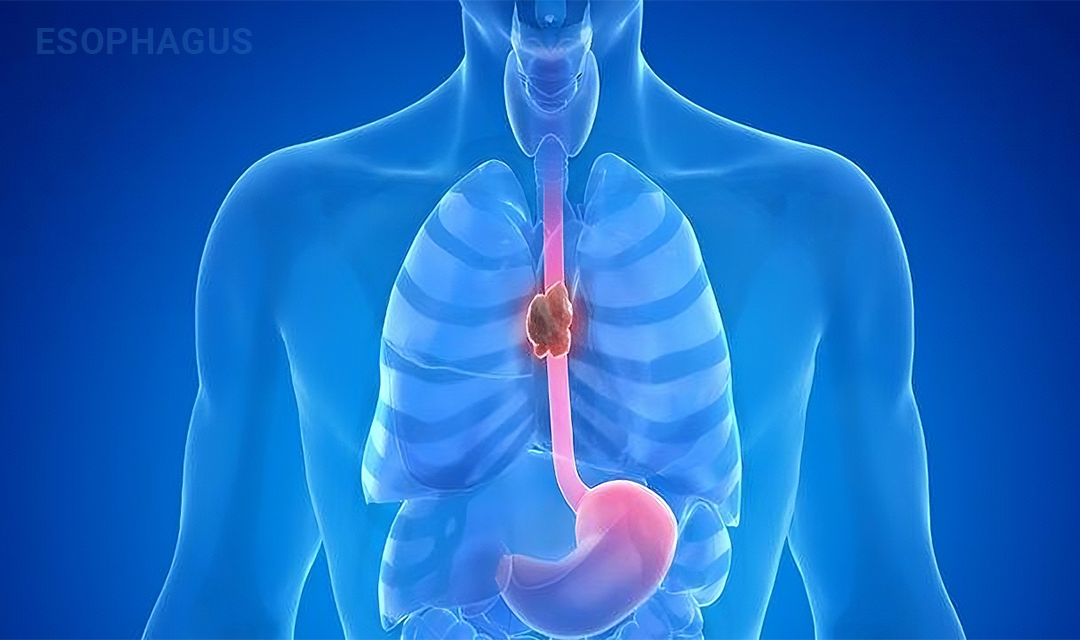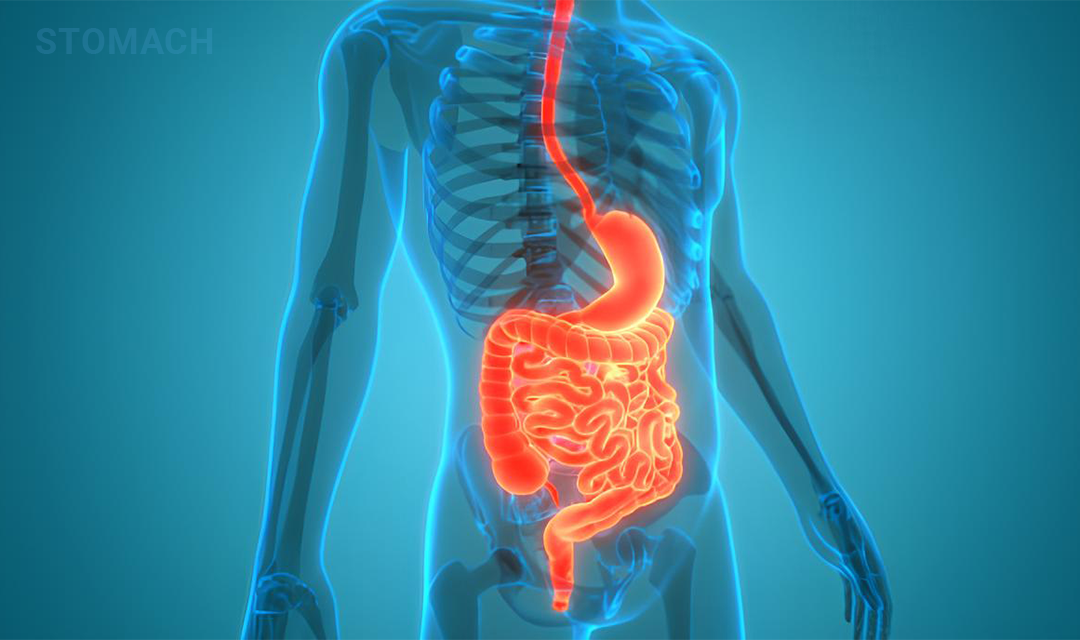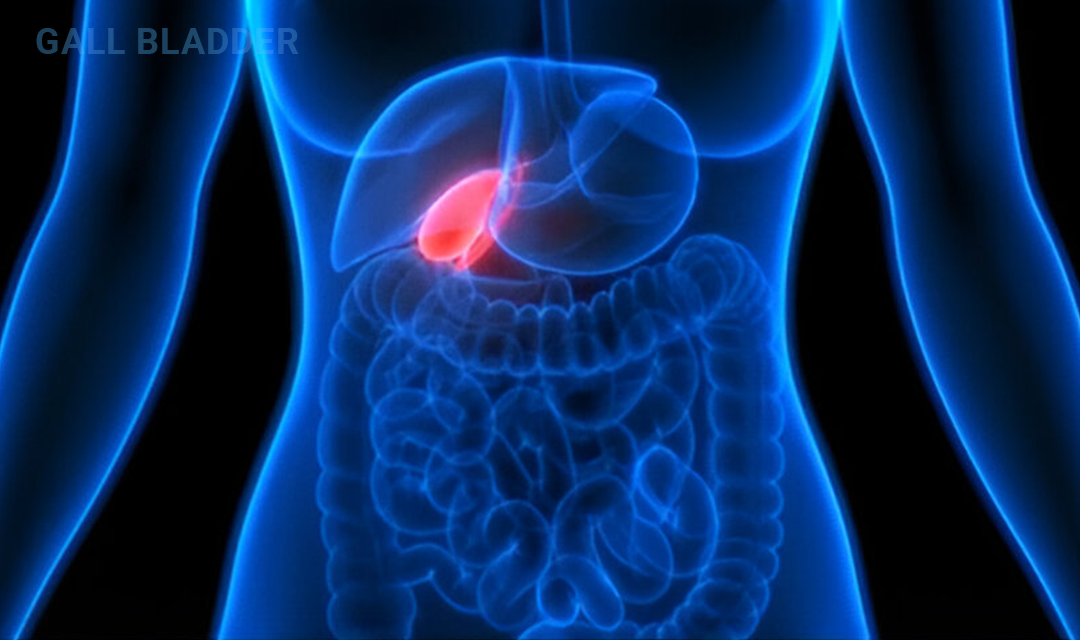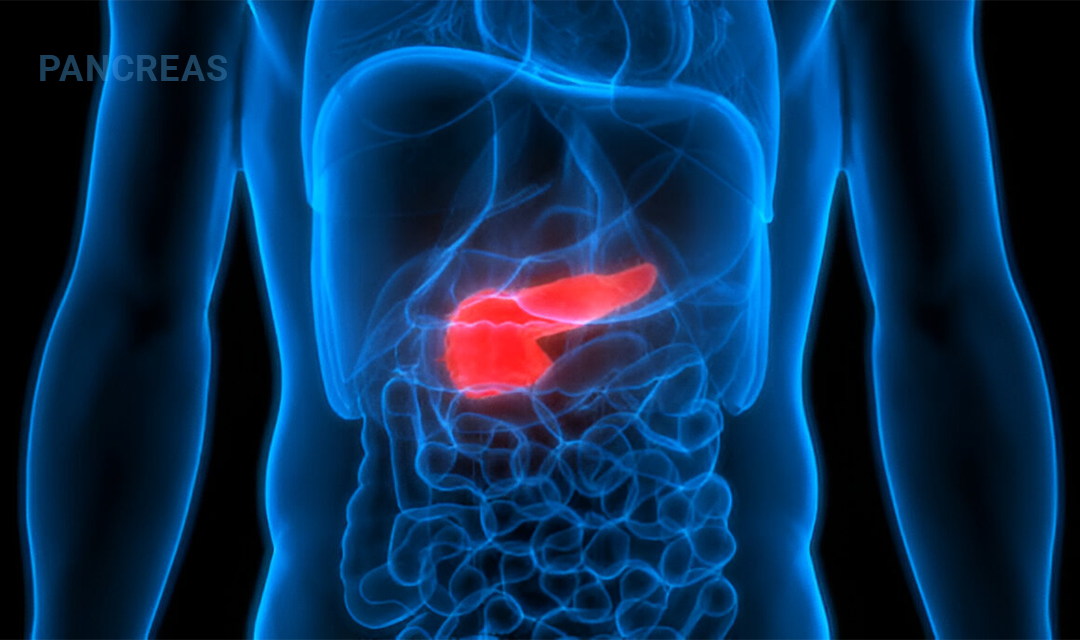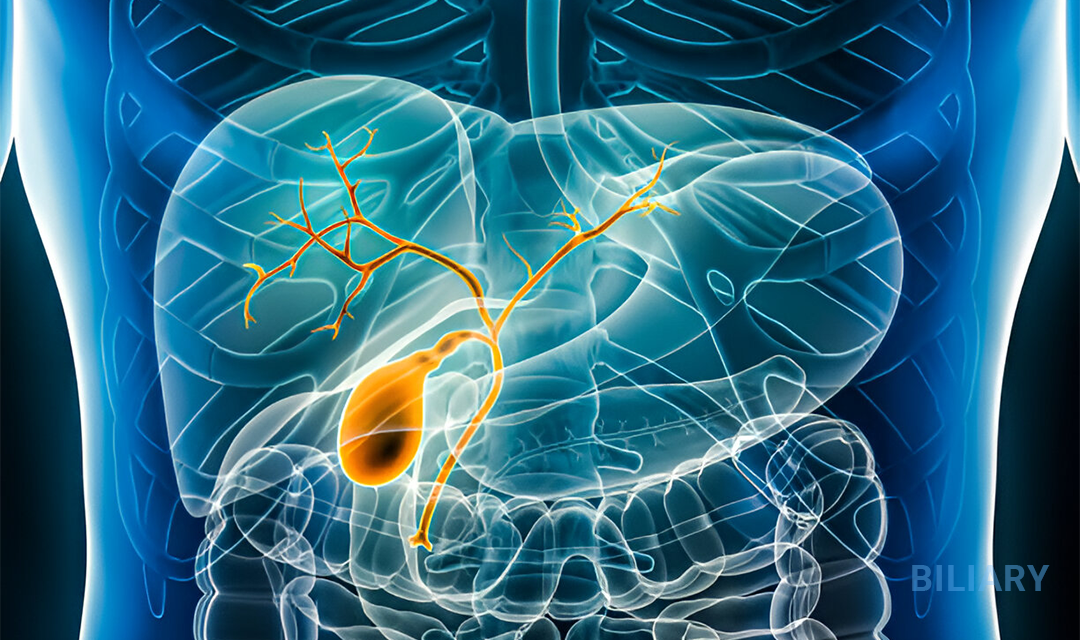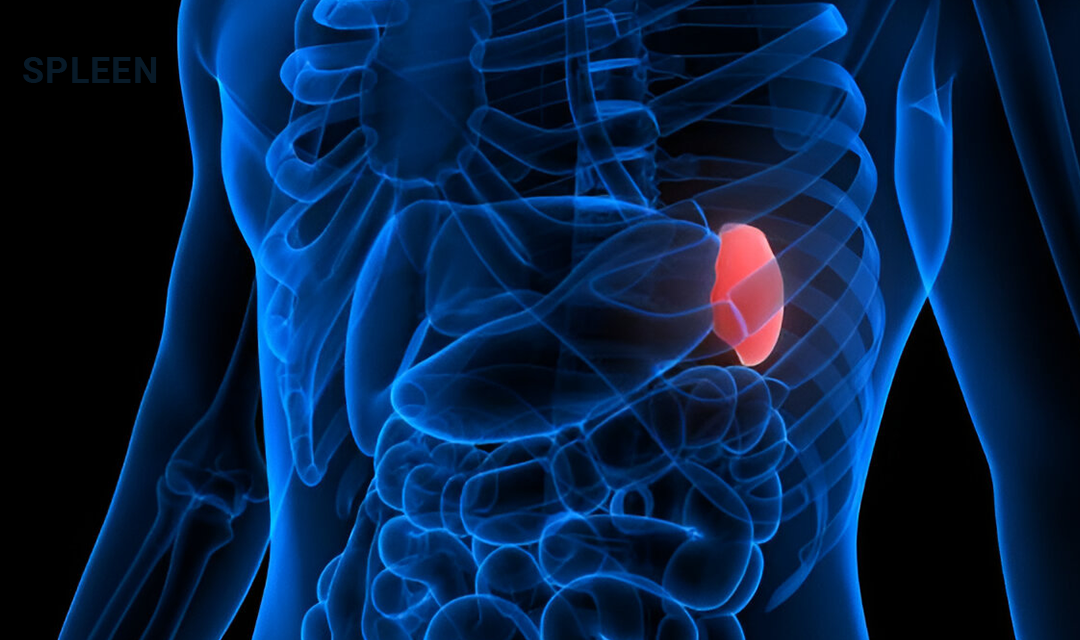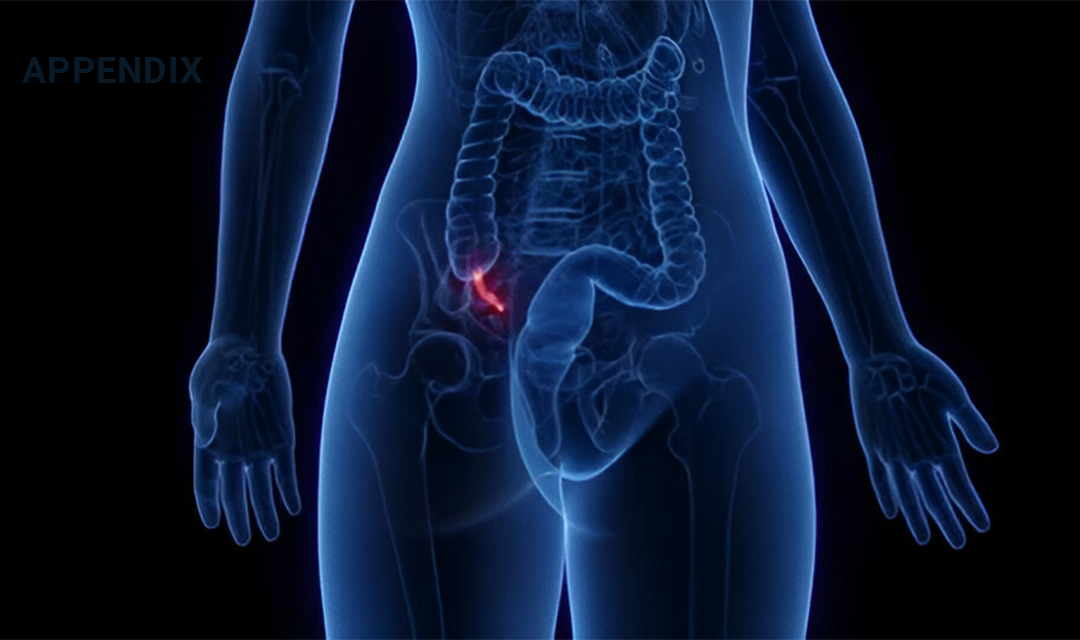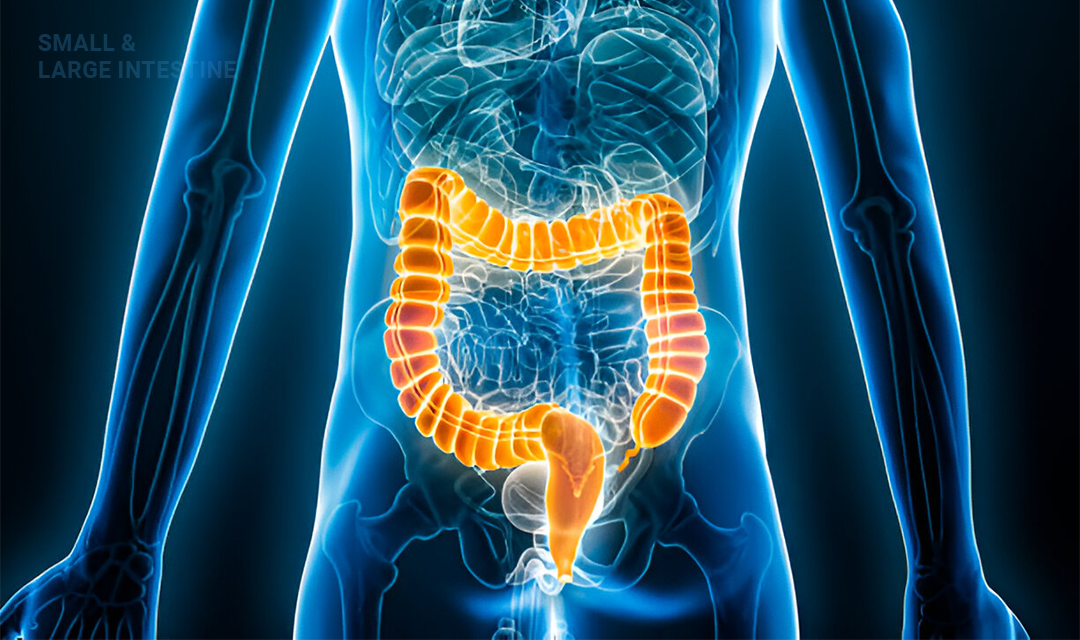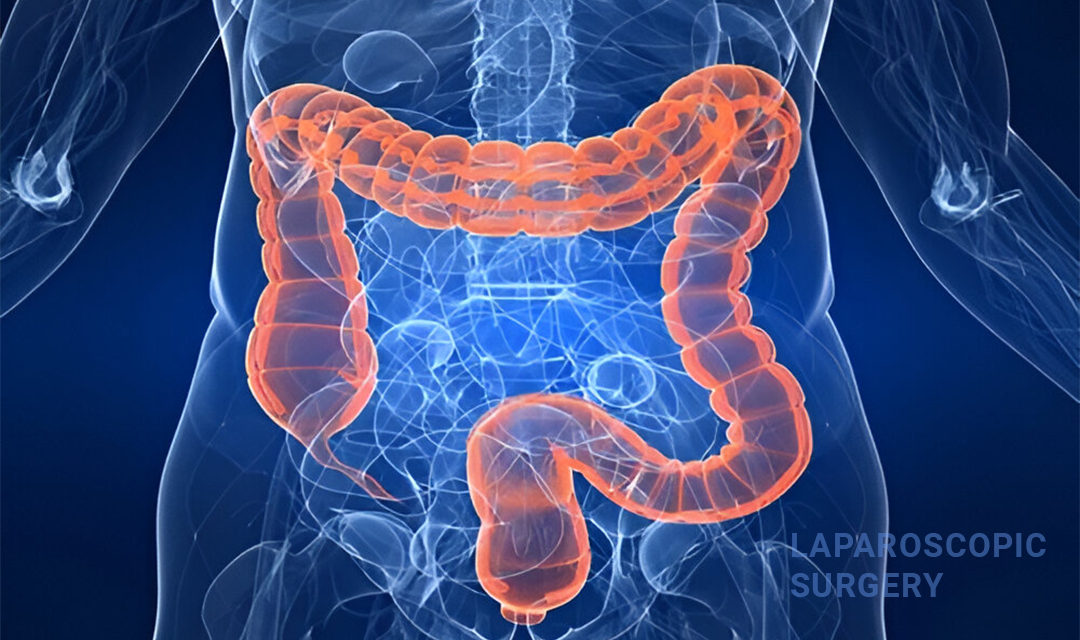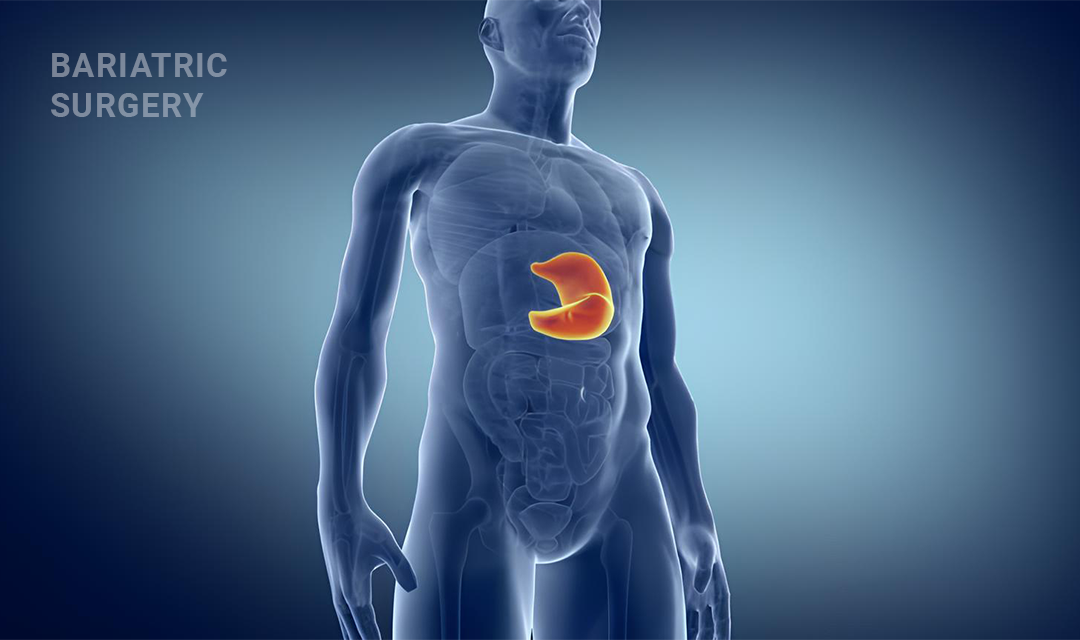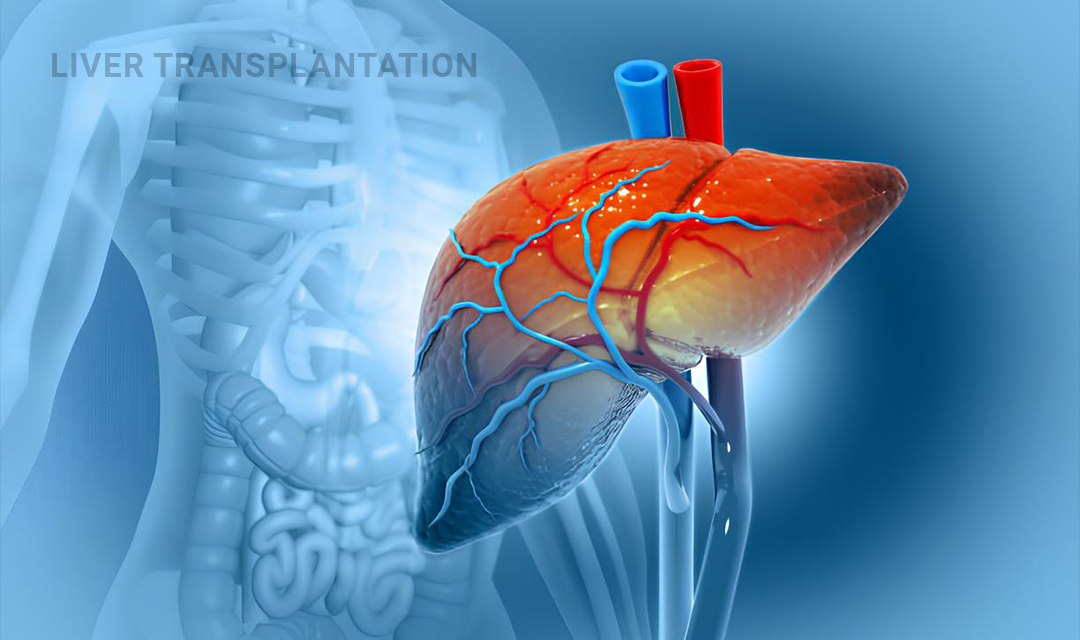
Hernia Surgery in Guntur - Laparoscopic Specialist
What is a Hernia?
A hernia occurs when an internal organ or tissue pushes through a weak spot in the surrounding muscle or connective tissue, often creating a noticeable bulge. Hernias commonly occur in the abdomen.
How Does a Hernia Develop?
- Weak Spot or Tear: A hernia forms when a defect or weakness in the abdominal wall allows internal organs or tissues to protrude.
- Protrusion: The organ or tissue pushes through the weak area, causing a bulge, especially noticeable during physical activity or straining.
- Symptoms: Hernias can cause discomfort, pain, or heaviness. Some are asymptomatic and found during a routine exam.
Types of Hernias
- Inguinal Hernia: Occurs in the groin area and is more common in men. It involves tissue protruding through a weak spot in the inguinal canal.
- Femoral Hernia: More common in women, this hernia occurs when tissue pushes through the femoral canal in the groin area.
- Umbilical Hernia: Develops near the belly button and can be congenital or occur later in life.
- Hiatal Hernia: Occurs when part of the stomach pushes through the diaphragm into the chest.
- Incisional Hernia: Forms at the site of a previous surgery, where the abdominal wall may be weaker.
Causes of Hernias
- Congenital Weakness: Some individuals are born with weak spots in the abdominal wall.
- Heavy Lifting: Lifting heavy objects can increase abdominal pressure and lead to a hernia.
- Chronic Coughing: Persistent coughing can contribute to hernia development.
- Straining: Activities such as constipation or intense exercise can increase the risk of hernias.
- Obesity: Excess weight puts pressure on the abdominal wall, increasing the likelihood of hernias.
- Pregnancy: The stretching of the abdominal wall during pregnancy can weaken it, leading to hernias.

“Dr. Varun offers expert care in hernia treatment, providing advanced surgical options and personalized care for patients in Guntur.”
Treatment Options
-
Surgical Repair:
- Open Surgery: A larger incision is made to repair the hernia, ensuring that the protruding tissue is placed back and the abdominal wall is strengthened.
- Laparoscopic Surgery: A minimally invasive procedure using small incisions, typically with the placement of a mesh for reinforcement.
- Watchful Waiting: For small or asymptomatic hernias, doctors may recommend monitoring without immediate surgery, but regular check-ups are necessary to avoid complications.
Frequently Asked Questions (FAQs)
A Patient’s Experience

“Thanks to Dr. Varun’s expertise, my hernia surgery was successful, and I’m back to my daily activities without pain. His skill and care made all the difference.”
- Suresh Babu
- Satisfied Patient

“Dr. Varun’s meticulous approach to my hernia treatment has given me a new lease on life. I am deeply thankful for his professional care.”
- Anitha Reddy
- Grateful Patient
